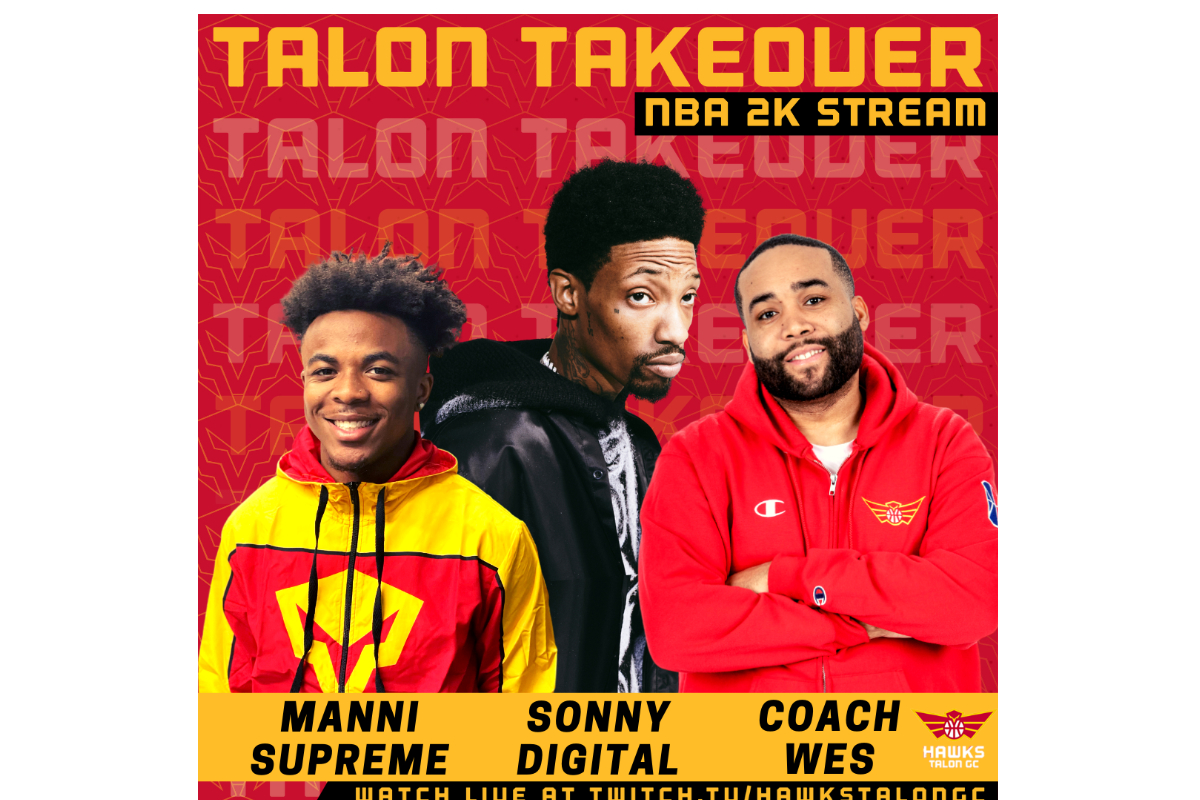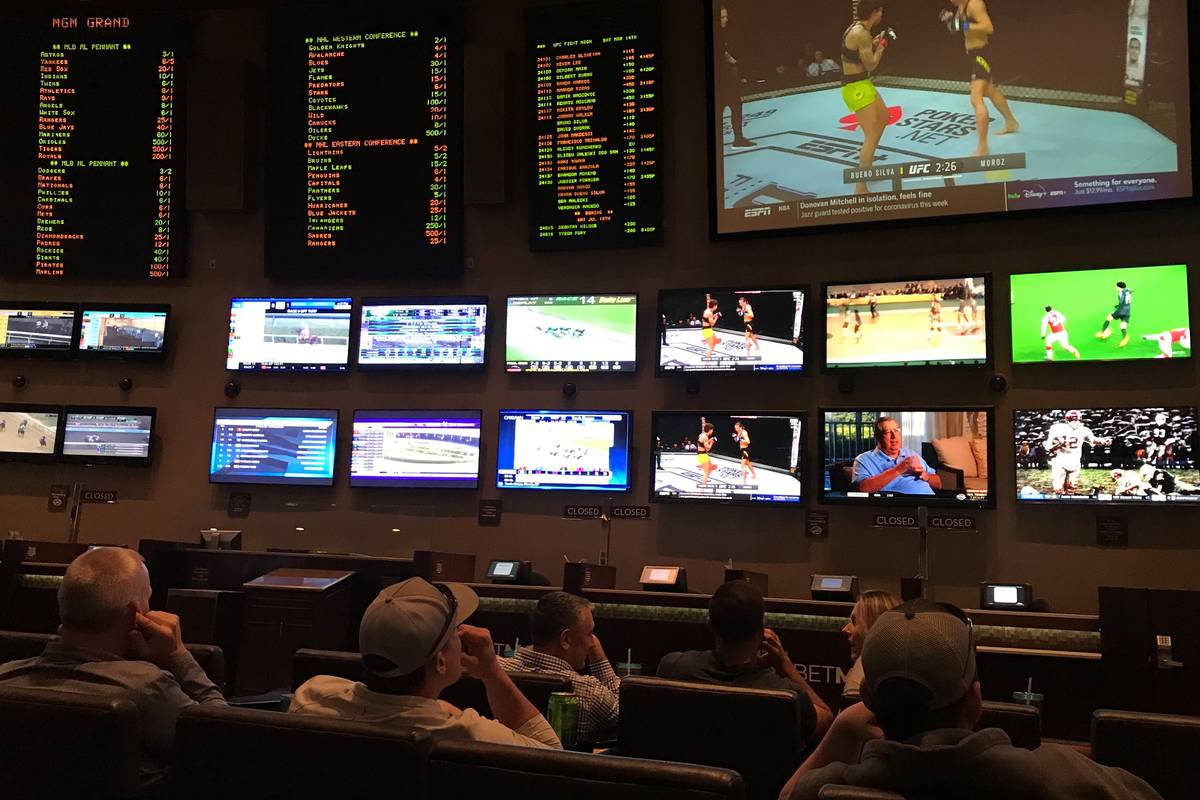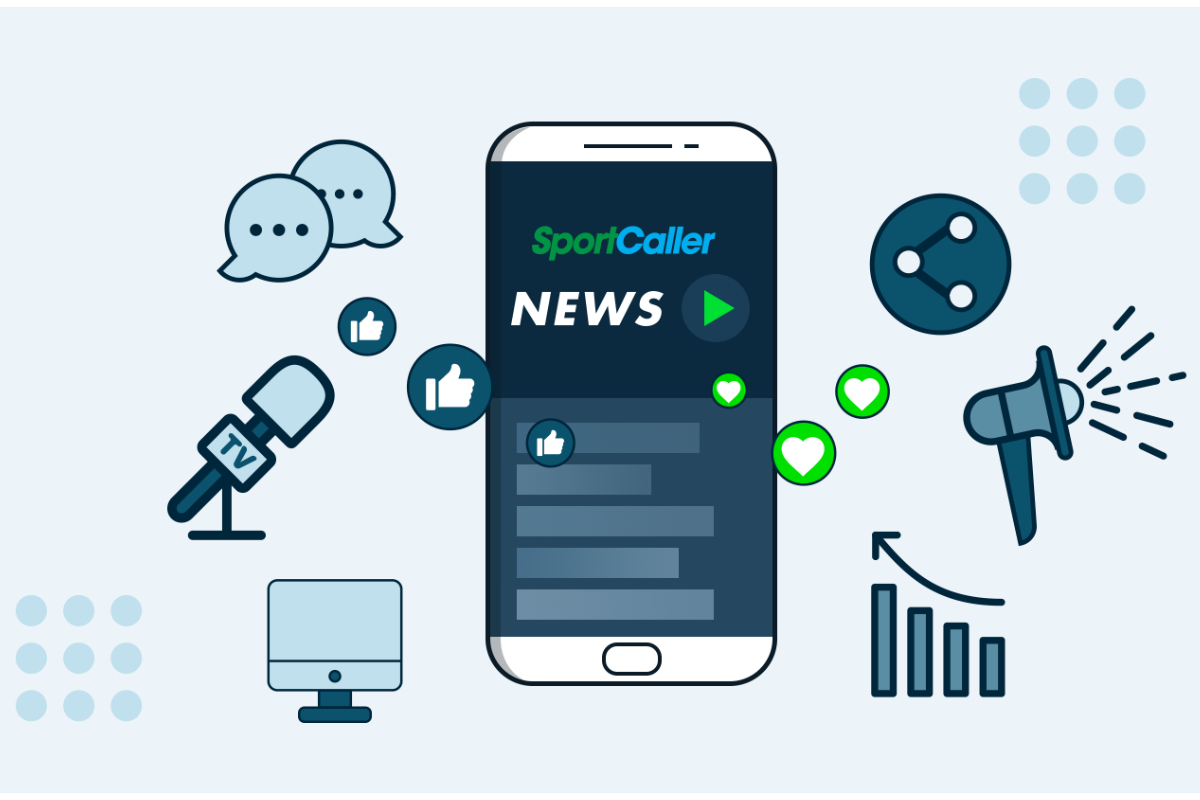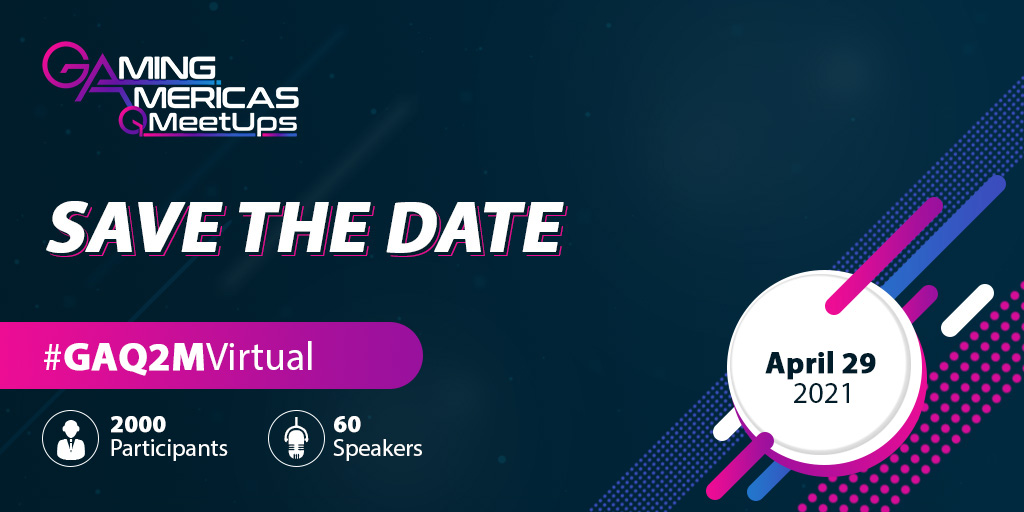
Hawks Talon GC Hosts Live Stream with Grammy® Award-Nominated Producer and Recording Artist Sonny Digital
Hawks Talon Head Coach Wesley Acuff Was Joined by the Atlanta Native as Part of the Talon Takeover Series
Hawks Talon GC, the official NBA 2K League affiliate of the Atlanta Hawks, hosted a special livestream on the team’s official Twitch channel as part of a content series called Talon Takeover. As part of the stream, Hawks Talon’s Team Manager and Head Coach Wesley Acuff was joined by Grammy® Award-nominated and Platinum-selling producer and recording artist Sonny Digital. With more than 10 years in the game, artist Sonny Digital continues to prove he is a moving force in hip-hop music. To date, he has produced numerous records and created a catalogue of timeless, solo and collaborative art. At only 29-years-old, Sonny pushes his music to the masses while discovering and creating new sounds through his production and songwriting.
“Having Sonny Digital join us for tonight’s Talon Takeover was great,” said Acuff. “He is one of the most well-respected producers in Atlanta, and we are thrilled he was able to join us for tonight’s stream.”
During the stream, the conversation revolved around Sonny Digital’s background, his love for video games in addition to his passion for producing and recording music.
“The event was dope, and I had fun,” said Sonny Digital. “Since we’ve been limited to what we can do, and I’ve been playing 2K a lot more, this was perfect timing. I would like to thank Hawks Talon Gaming Club for all the love.”
Originally from Michigan, Sonny moved to Atlanta and as a teenager, he found his passion in making music. He produced smash singles like Tuesday by ILoveMakonnen, Racks by YC and Future, Birthday Song by 2 Chainz and Kanye West and Red Opps by 21 Savage. Digital’s other production credits include Travis Scott, PnB Rock, Young Thug, Rick Ross, Juicy J, Beyoncé, DJ Khaled, Meek Mill, MadeInTYO, Lil Uzi Vert, Wiz Khalifa, 50 Cent, Gucci Mane and many more.
In 2016, he released his first solo mixtape called G.O.A.T featuring frequent collaborators Black Boe, Key! and Young Sizzle. He followed shortly with a series of singles like My Guy with Black Boe, Look at Me Now and Dope. The following year, Sonny teamed up with Black Boe to release a striking new EP, Black Goat. In 2018, Sonny teased the title of a new project and built a studio and headquarters for his label Rollin Records. Singles like I Got featuring Lil Xan and $teven Cannon and Keep It Real built up his buzz and he announced to fans that he signed a deal with Atlantic Records.
Last year, Hawks Talon announced the creation of the one-of-a-kind content series called Talon Takeover which features celebrities, entertainers and influencers playing various popular video games. The series welcomed Emmanuel Lawrence (also known as Manni Supreme) as the host of the series. To subscribe to Hawks Talon GC’s official Twitch channel and be notified of each stream in the series, click here.










